Columbia University has named longtime trustee and former journalist Claire Shipman as its next president — but the announcement is already mired in controversy.
Shipman, a former CNN White House correspondent and ex-wife of Obama press secretary Jay Carney, previously served as co-chair of Columbia’s board of trustees. In that role, she downplayed the significance of the Congressional hearings on campus antisemitism that rocked the Ivy League in late 2023.
According to internal text messages released in a scathing House Committee report, Shipman referred to the Capitol Hill investigation as “nonsense,” writing to then-president Minouche Shafik on December 28, 2023, that she believed Columbia would be spared from the “Capitol Hill nonsense.”
The comments, exposed in a 325-page October report by the Republican-led House Committee on Education and the Workforce, reveal a pattern of contempt from Columbia’s leadership toward efforts to confront antisemitism on campus.
Unsuspend the Groups
The same messages show Shipman lobbying to quietly reinstate student organizations involved in Gaza-related protests before the new semester began — suggesting it might “take the wind out of” further scrutiny.
The Congressional hearings, which featured the presidents of Harvard, UPenn, and MIT, became infamous after those leaders struggled to say whether calling for the genocide of Jews would violate university policy. The fallout led to the high-profile resignations of Harvard’s Claudine Gay and Penn’s Liz Magill.
Now, Shipman’s own rise to Columbia’s top post follows a similar trail of leadership exits. Interim President Katrina Armstrong resigned just days ago, after reportedly agreeing to a Trump administration demand to implement a campus protest mask ban — a condition tied to $400 million in federal funding threatened over unchecked antisemitism.
A Troubling Legacy
Shipman, a graduate of Columbia’s School of International and Public Affairs, joined the university’s board in 2013 and took on a leadership role in 2023. Her appointment comes as Columbia faces mounting national scrutiny over its failure to rein in hate speech and extremist activity on campus.
Critics argue that elevating someone who ridiculed federal efforts to address antisemitism sends the wrong message — and raises serious doubts about Columbia’s willingness to take accountability.
Protect Our Campus is continuing to monitor Columbia’s response to federal mandates and will provide updates as the situation develops.

